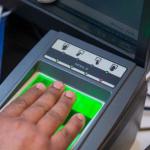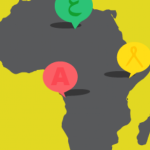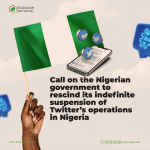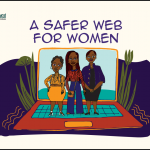Southern Africa Digital Rights Issue Number 4: A call to action for stakeholders
Southern Africa Digital Rights Issue Number 4: A call to action for stakeholders
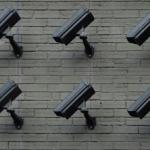
Download the full Southern Africa Digital Rights Issue Number 4 here!
This report on the state of digital rights in Southern Africa, authored by professor Admire Mare, seeks to shed light on the extent to which countries are living up to the responsibility to promote and protect the right to freedom of expression, access to information, right to privacy and cybersecurity in the digital age. This is very pertinent in the context of existing national, regional and international human rights frameworks which give effect to digital rights. Building on key informant interviews and desktop research, this report highlights the positive developments associated with the passage of progressive data protection laws, setting up of data protection authorities, promotion of free expression online, amendment of access to information laws and promotion of the safety of journalists online.
It also critically reflects on the negative developments as evidenced by the introduction of claw back clauses around the publication and distribution of false news, passage of draconian cybercrime laws, digital surveillance practices, internet shutdowns and throttling, harassment and intimidation of journalists online, introduction of mandatory SIM Card registrations, and the imprisonment of citizens and human rights defenders for online speech. It proffers advocacy interventions that civil society groups in the region including the Namibia Media Trust (NMT), the Media Institute of Southern Africa (MISA) Regional Secretariat, Spaces of Solidarity, CIPESA, Paradigm Initiative and the Centre for Human Rights can implement to protect the realisation of digital rights in the region.
Available in this fourth edition:
Introduction
Conceptualising digital rights
Social context: A brief overview of digital and social media in Southern Africa
Methodological approach
Key findings
A) Freedom of expression online
B) Privacy and data protection
C) Access to information
D) Cybersecurity
Call to action
Practical advocacy interventions
Conclusion
Southern Africa Digital Rights is produced under ‘The African Declaration on Internet Rights and Freedoms: Fostering a human rights-centred approach to privacy, data protection and access to the internet in Southern Africa’ project.
Read more:
Southern Africa Digital Rights edition 1
Southern Africa Digital Rights edition 2
Southern Africa Digital Rights edition 3

